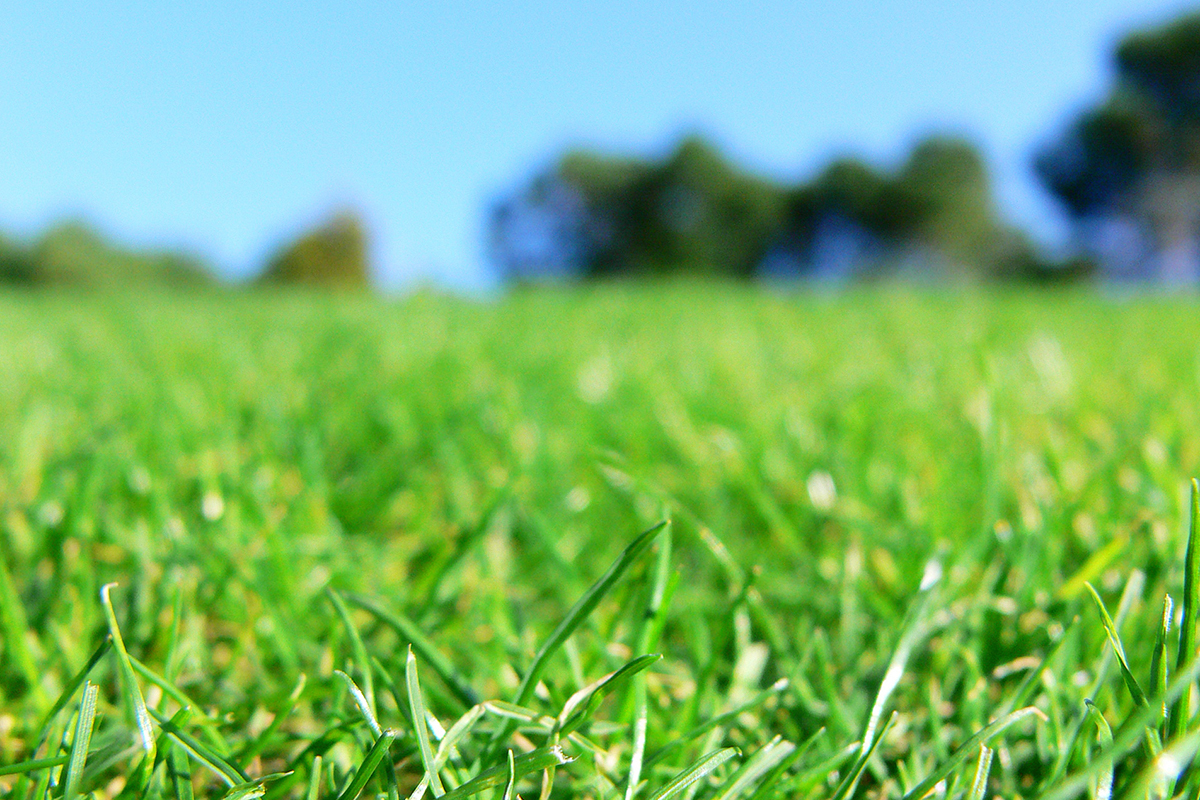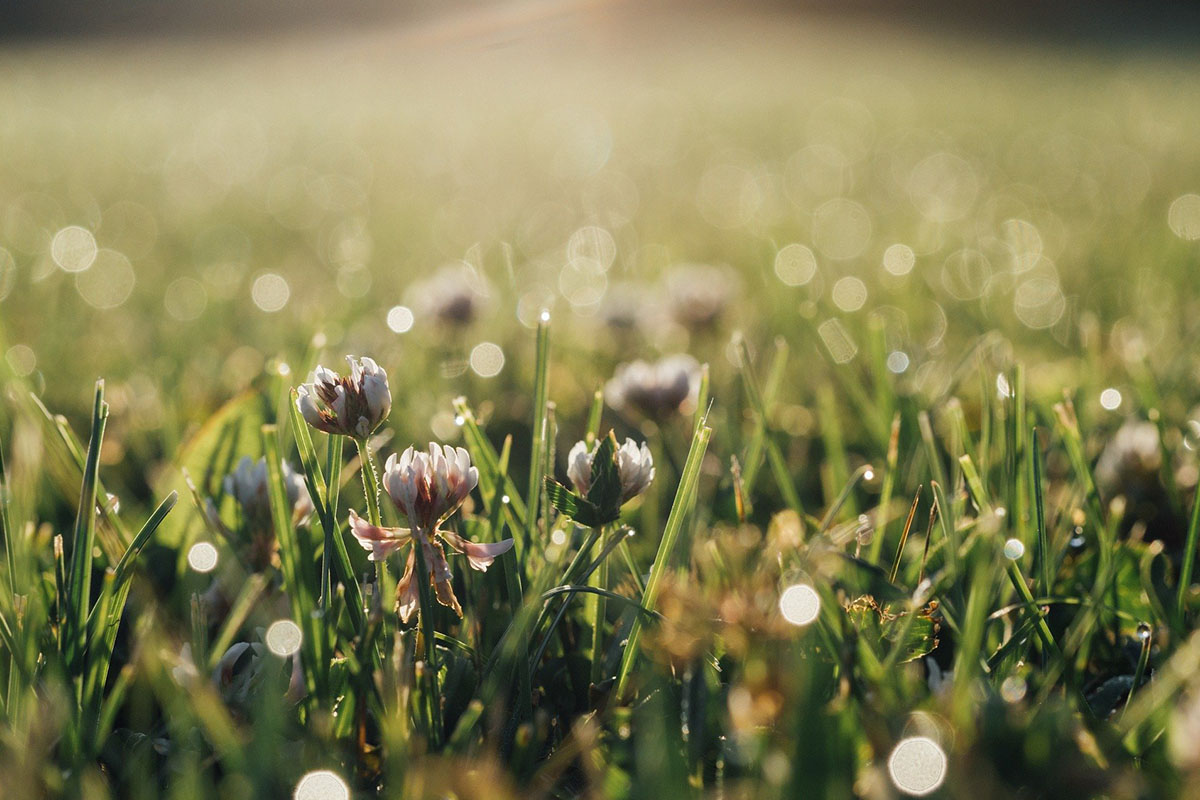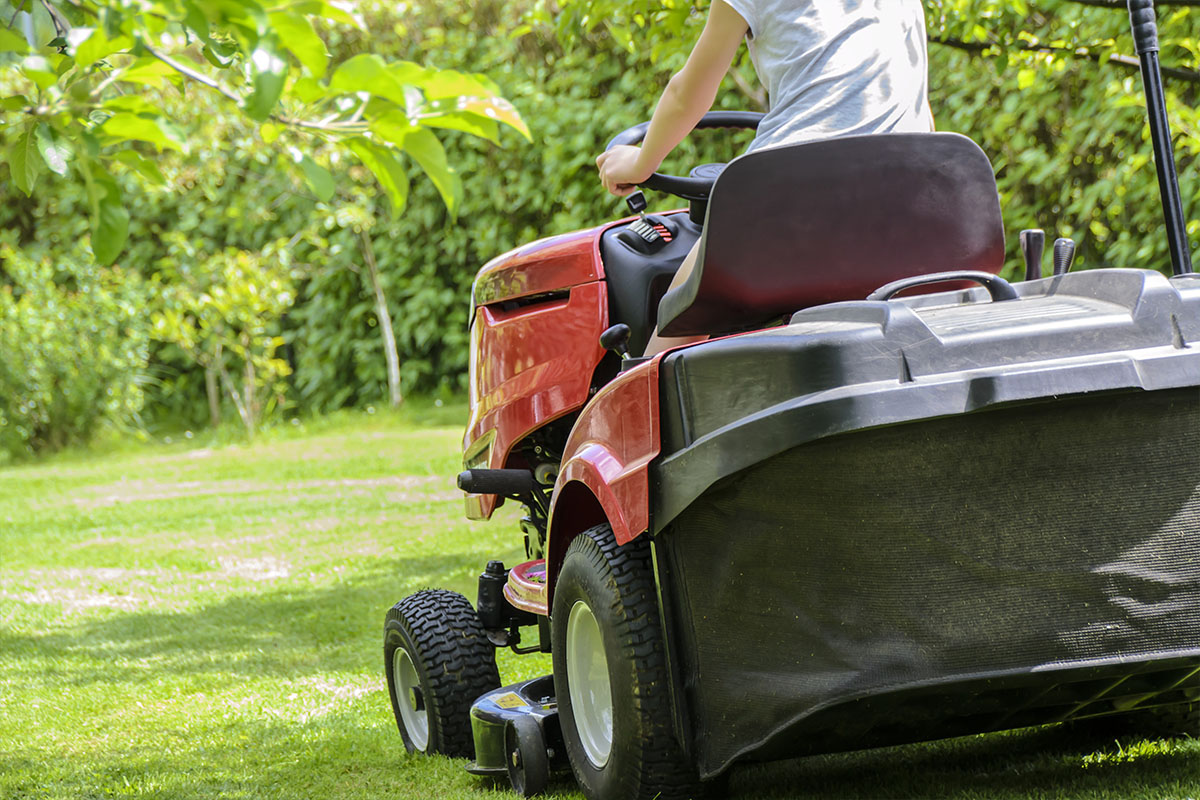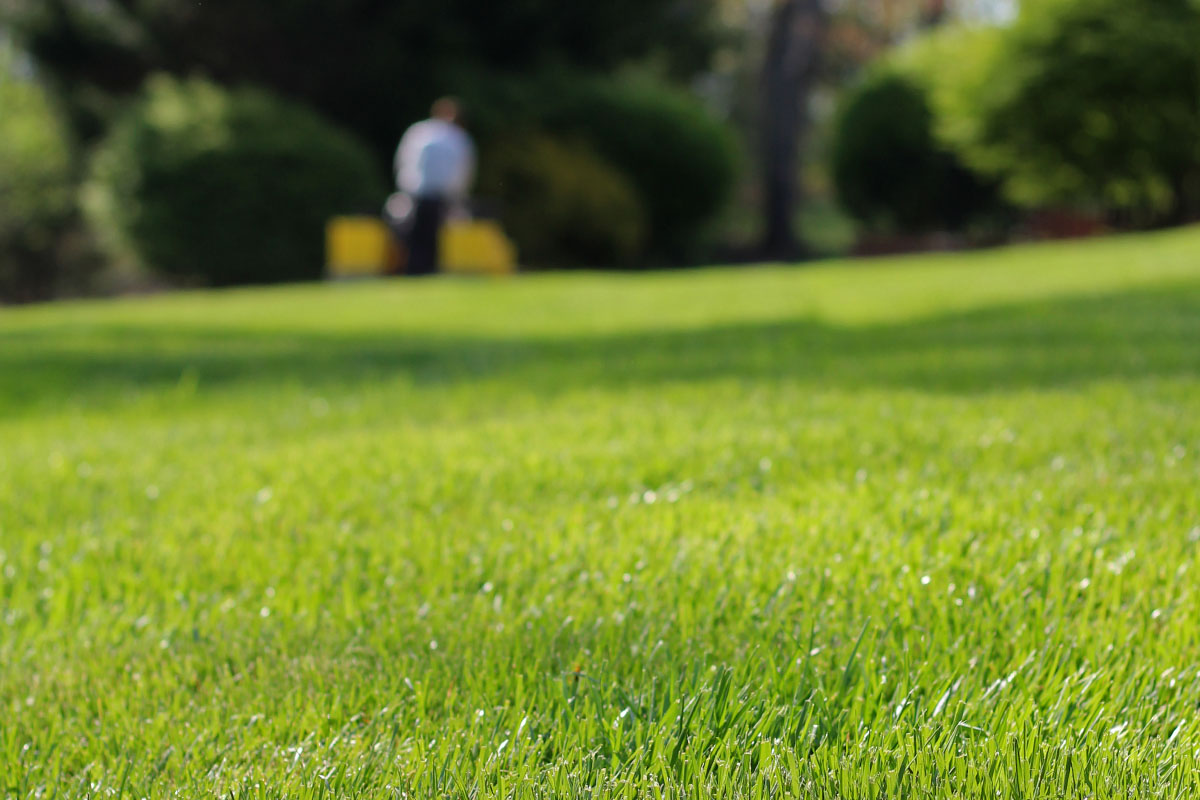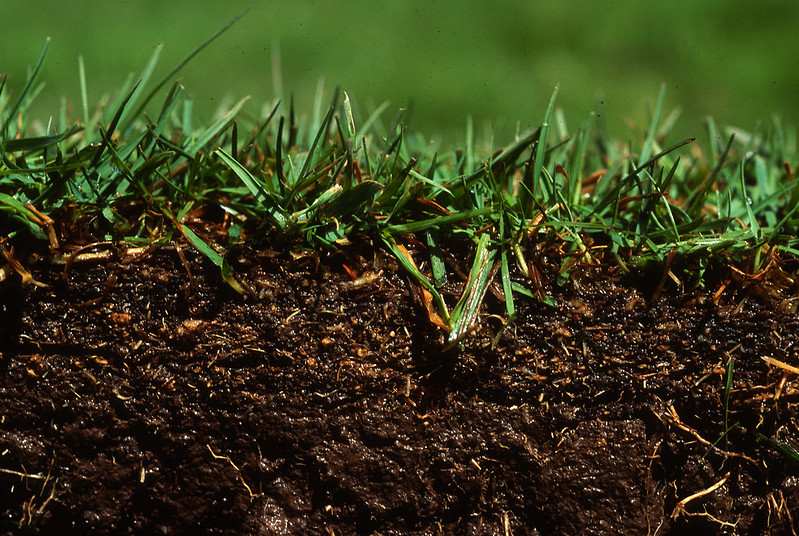Avoid the Temptation to Over-Fertilize Your Lawn This Spring & Summer
As spring gives way into summer, our gardening efforts are beginning to pay off. Gardeners have visions of lush ornamentals laden with blooms of all shapes and colors, tremendous vegetables, delectable fruits and beautiful lawns. These visions are great motivators to the home gardener; they show the rewards for all those hours of hard work. Unfortunately, at times this same motivation leads to practices that can be harmful to the environment and to our beloved plants like over fertilizing.
The old saying “if a pound is good then two pounds is twice as good” does not apply to fertilizing our gardens today. All plants have certain requirements like water, nutrients, and light. These needs must be satisfied so plants can grow and develop properly. However, if we exceed these plants’ requirements, there is a good chance that we will do more harm than good, especially where fertilizer is concerned.
Over fertilization can contaminate groundwater
Excessive fertilization can cause unused fertilizer to leach (move) through the soil and contaminate groundwater, and to run off the soil surface after heavy rainfall and contaminate surface water. Excess fertilizer in surface water can increase algae growth in streams and lakes. When the excess algae die, the oxygen level in the water is lowered, which in turn kills fish and other aquatic animals.
Over fertilization can cause a decline in plant growth
Too much fertilizer can also lead to nutrient toxicity in plants, which can have a variety of negative effects on a plant’s growth and development. An example is excessive nitrogen content, which, in flowers and fruits, leads to excessive growth of leaves and stems, as well as reduced root and reproductive growth. This reduced root growth causes the plant to be less drought tolerant, because its roots have not moved deep into the soil to be able to find water during dry times. Other nutrient elements present in soils at toxic levels can cause a decline in plant growth or death of the plants.
Over fertilization means lost money
Over-fertilization can also cause an unwanted decline in your bank account. If you apply more fertilizer than your plants can use, the excess fertilizer will likely be lost as it leaches from rainfall and irrigation; this translates to lost money. Because different plant species and different soil types have different fertilization requirements, the simplest and best way to determine how much fertilizer you should apply is by utilizing soil analysis.
Contact us today to get a complete graphical soil analysis of your lawn.

